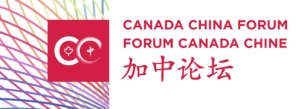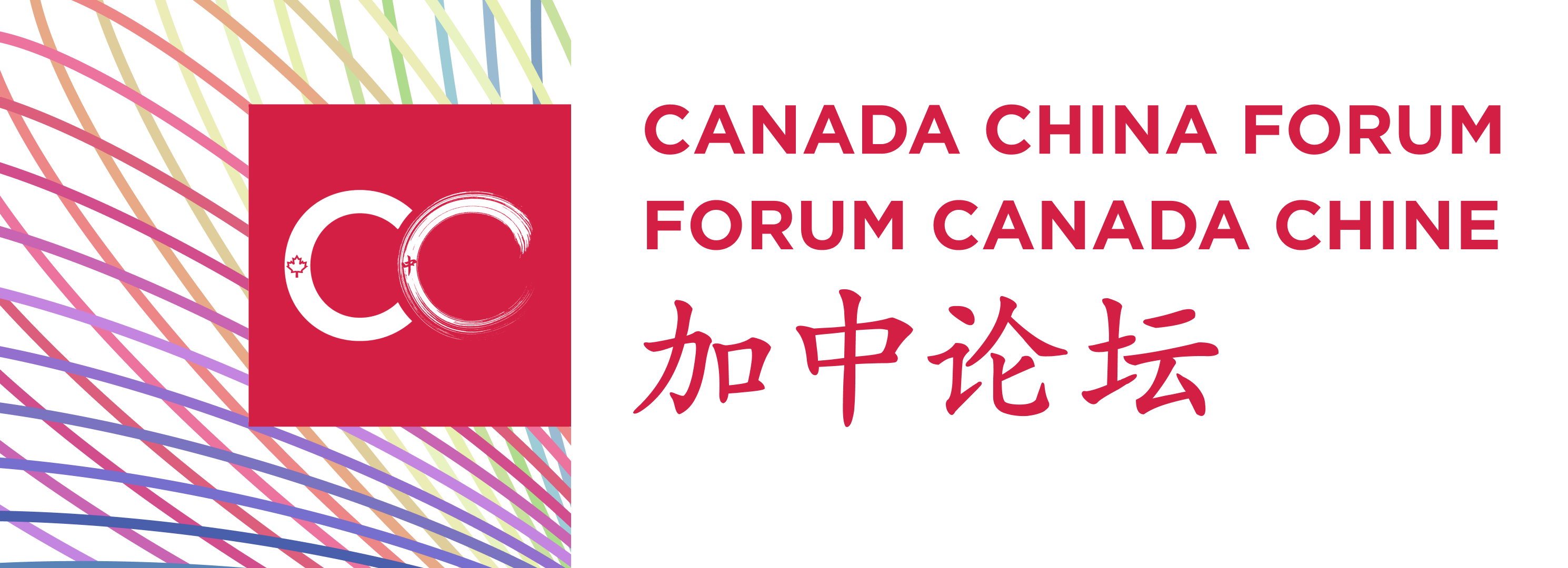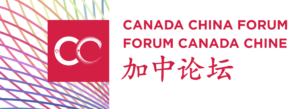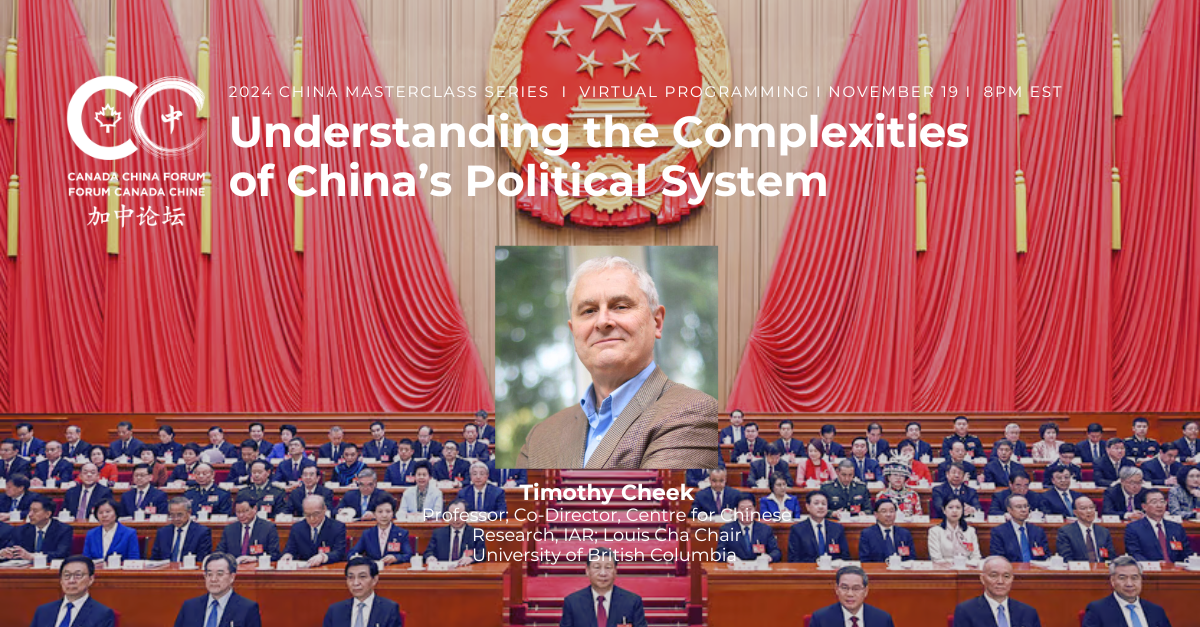MASTERCLASS SERIES I VIRTUAL PROGRAMMING I NOVEMBER 19th 2024 I 8:00-9:00 p.m. EST 5:00-6:00 p.m. PDT
China’s political system,while officially a one-party state under the Chinese Communist Party (CCP), is far from monolithic. The interplay between central and local authorities, the balance of power within the CCP, and the impact of institutions like the National People’s Congress reveal deep internal complexities. Recent years have seen an intensified centralization of power and demands for ideological orthodoxy under President Xi Jinping, raising questions about the resilience of institutional checks and balances within a system that prioritizes stability. The succession of anti-corruption campaigns, while ostensibly aimed at cleaning up bad governance practices across administrations, has also been viewed as a tool to consolidate power. Meanwhile, China’s governance model is evolving under the pressures of economic slowdowns, sporadic yet important social unrest, and a more assertive international stance both in Asia Pacific and beyond. Understanding these dynamics is crucial for analysing how the CCP maintains its grip on power and how domestic politics shape China’s trajectory.
MEMBERS OF THE CANADA CHINA FORUM REGISTER HERE
Speaker: Timothy Cheek, Professor, School of Public Policy and Global Affairs and Department of History, Louis Cha Chair in Chinese Research, and C0-Director of the Centre for Chinese Research at the Institute of Asian Research (IAR), University of British Columbia
About the Speaker
Timothy Cheek is a Professor with the School of Public Policy and Global Affairs and Department of History, Louis Cha Chair in Chinese Research, and C0-Director of the Centre for Chinese Research at the Institute of Asian Research (IAR). He has been a professor at UBC since 2002, teaching in the IAR’s former Asian policy program and now in the Master of Public Policy and Global Affairs (MPPGA) program. His research, teaching and translating focus on the recent history of China, especially the role of Chinese intellectuals in the twentieth century and the history of the Chinese Communist Party.
His books include The Chinese Communist Party: A Century in Ten Lives (2021) with Klaus Mühlhahn and Hans J. van de Ven, The Intellectual in Modern Chinese History (2015), Living with Reform: China Since 1989 (2006), Mao Zedong and China’s Revolutions (2002) and Propaganda and Culture in Mao’s China (1997). He is a 2023 Fellow of the Royal Society of Canada (RSC) in the Academy of Arts and Humanities.



